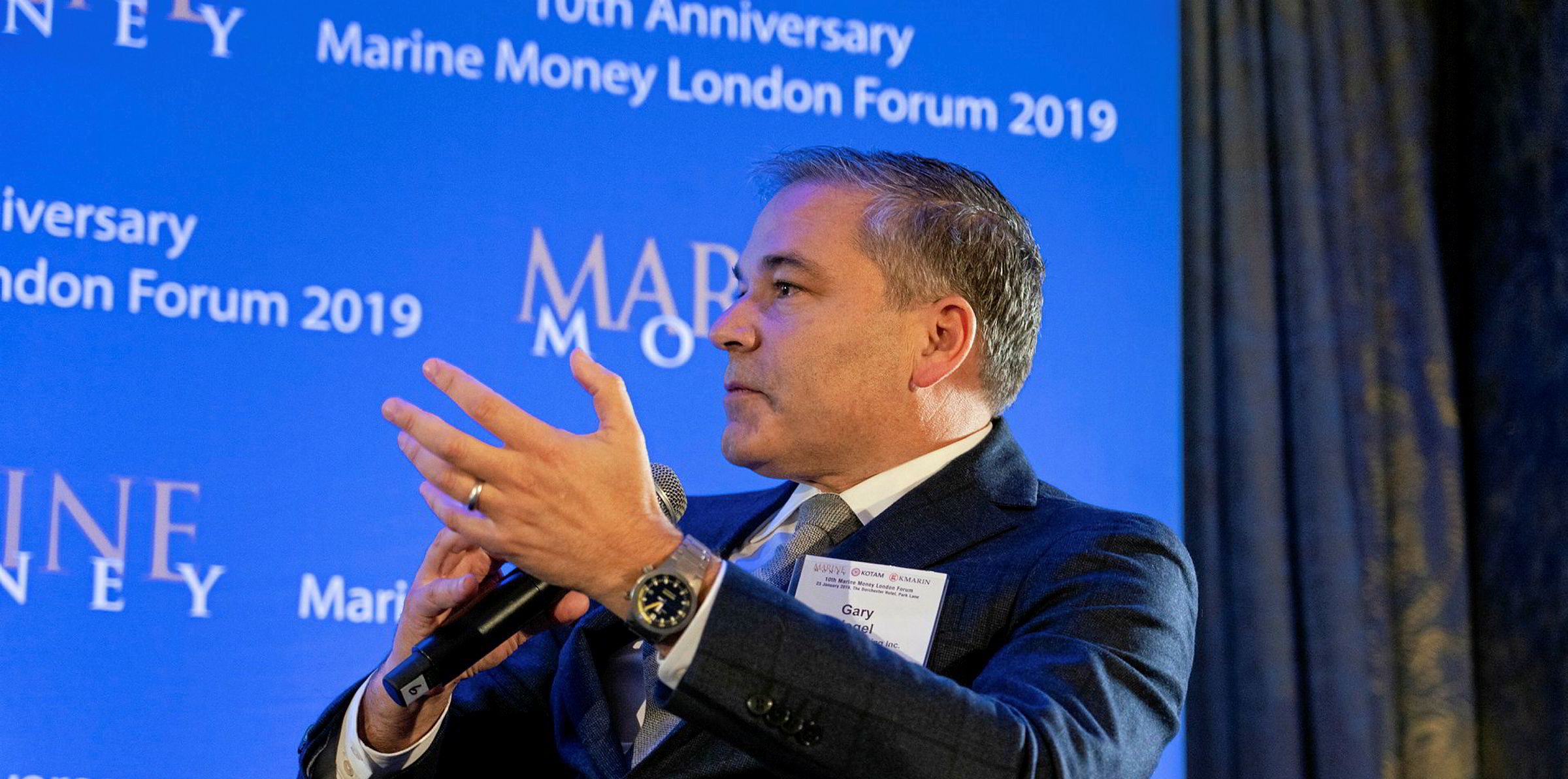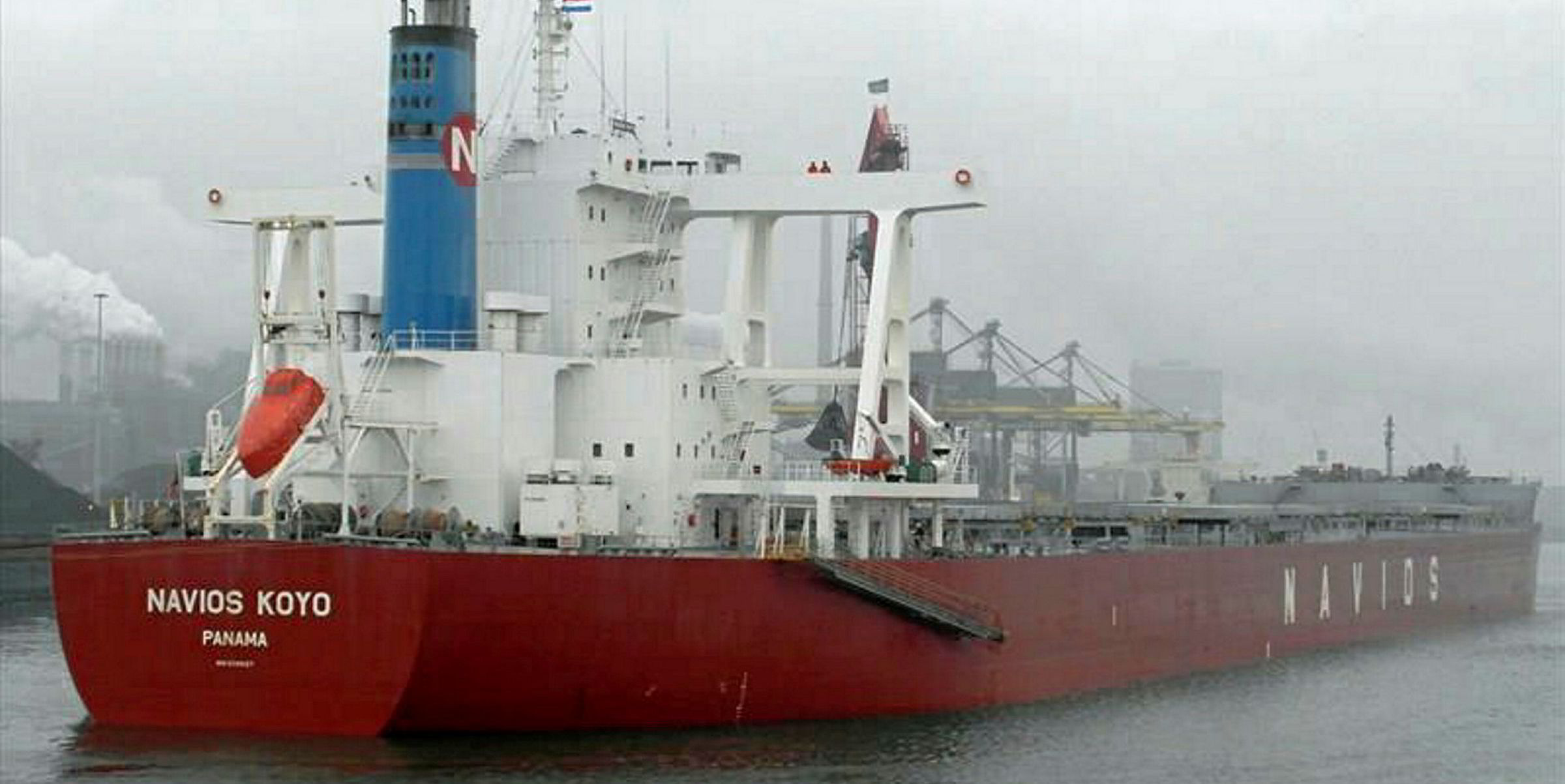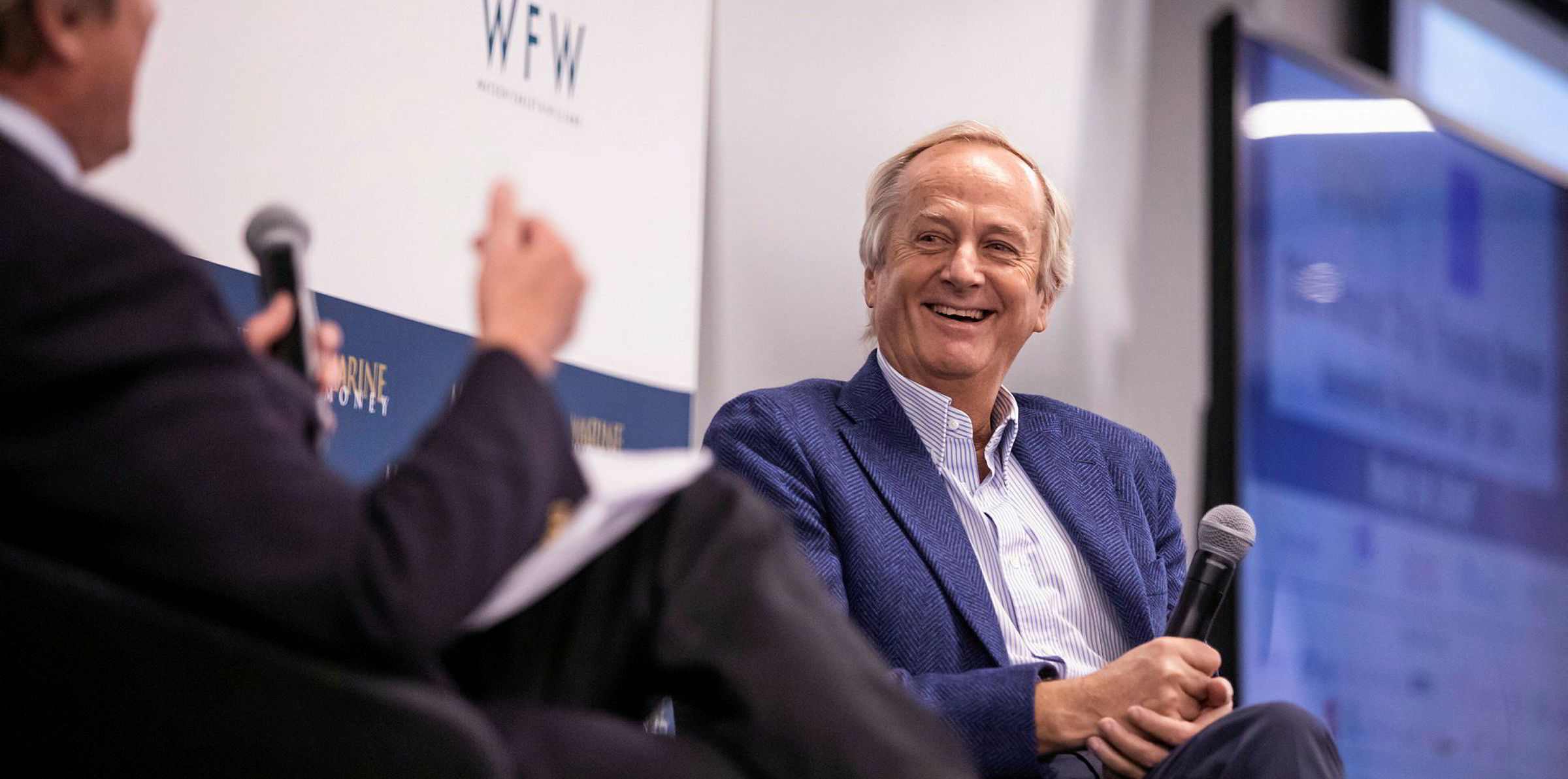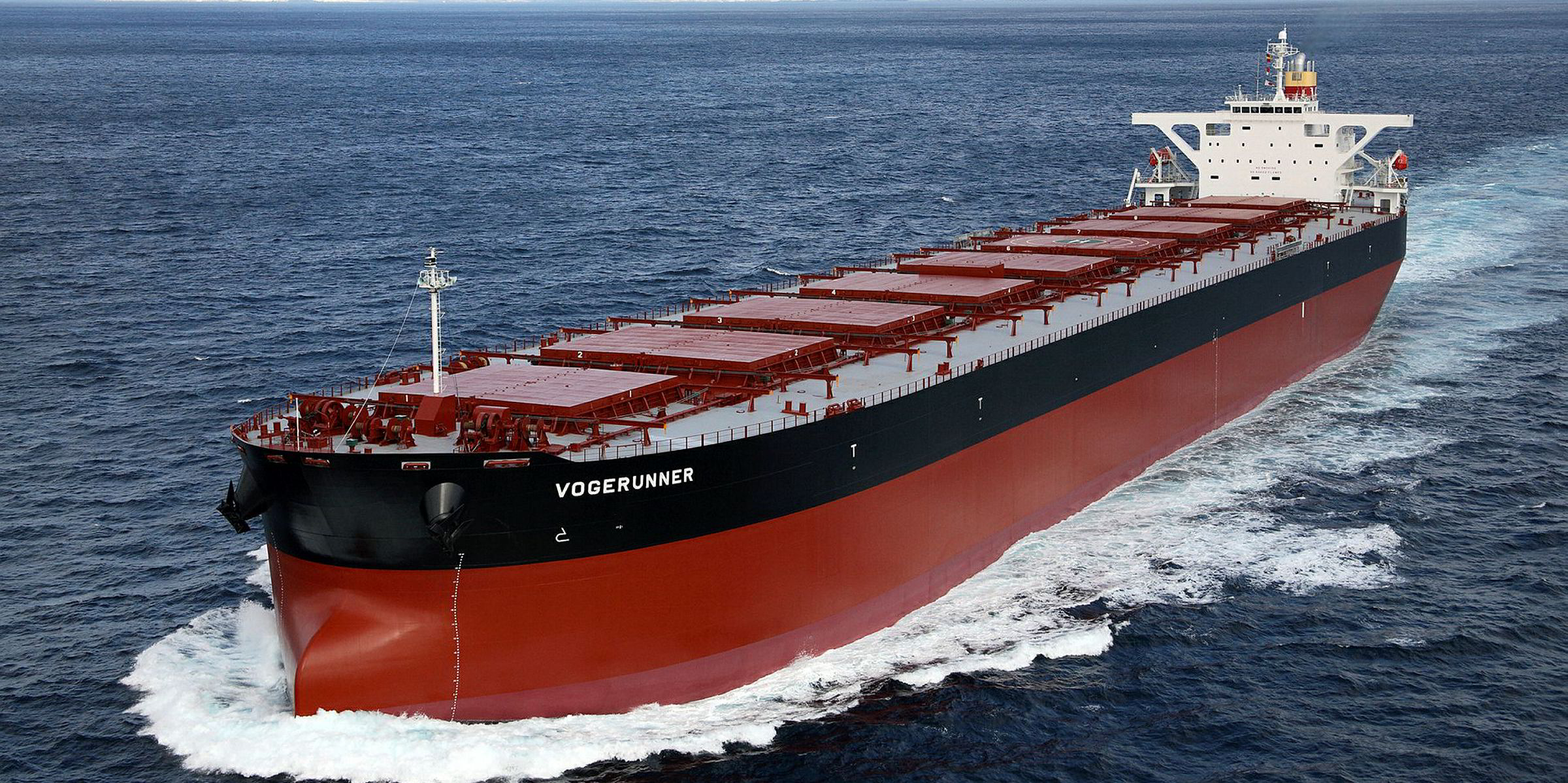Eagle Bulk Shipping has enough cash on hand to continue trading "forever" at current rate levels, according to US investment bank Jefferies.
Fresh from virtual meetings with the US-listed company's management, Jefferies analysts Randy Giveans, Christopher Robertson and Chadd Tribo said the $99m in liquidity is "plenty" to cover upcoming capital expenditure (capex) and debt repayments.
The shipowner noted that current Baltic Shipping Index benchmark rates are above Eagle Bulk's breakeven levels of $10,500 per day, even before accounting for any scrubber or commercial platform premium.
Annual debt amortisation is $40m, with the next upcoming maturity in 2022.
New York-listed Eagle Bulk has remaining capex of $4.5m in the final three months of this year, and $15m due for dry dockings in 2021. This work includes scrubber retrofitting and ballast water treatment system installations.
The analysts said: "We are optimistic on the firm third quarter rates strengthening further into the fourth quarter as demand continues to improve following a weak first half.
"Longer-term, while market uncertainty due to Covid-19 remains a wild card, the supply-side picture remains the best it has been in decades, which management believes will result in a multi-year up-cycle for rates, which should be a catalyst for Eagle shares."
Volatile sector improving
Jefferies said the dry bulk sector was highly volatile in the midsummer months before improving into September.
Eagle Bulk told the bank it expects continued demand-driven improvement in the back half of this year as Chinese demand for coal and iron ore remains robust and China is on track to purchase additional US soybeans.
The current orderbook-to-fleet ratio for the dry bulk fleet as a whole is 7%, the lowest ratio on record since the mid-1990s, and is even lower in Eagle Bulk's specialist supramax/ultramax segments at just 5.5%.
Management expects deliveries will slow into the fourth quarter as owners delay newbuilding deliveries until 2021, and that newbuilding orders will continue to remain under pressure as private shipowners remain constrained by lack of capital access, more restrictive financing by traditional ship lenders, and an ongoing fear by owners to over-build or build vessels that won't comply with future IMO carbon emissions regulations.
Fuel spread to widen again?
Eagle Bulk has scrubbers installed on 42 of 49 vessels.
Despite the collapse of spreads between high-sulphur and low-sulphur fuels, bosses are still happy with the investment, Jefferies said.
They expect the price gap to widen as the global economy improves, shipping activity increases, and transport fuel demand normalises into next year.
Last week, Eagle Bulk chief executive Gary Vogel began buying up shares of the company fast on the heels of its 1-for-7 reverse shares split.
When the dust cleared, Vogel had spent nearly $160,000 on 9,000 shares of Eagle stock, which had been on the rise after initial losses accompanying the reverse split.
Eagle said it carried out the split in order for the stock to be more accessible to a wider investor base.
While it had traded above $2 per share prior to the split and was in no danger of facing a stock-exchange delisting, the lower price made it more difficult for many investors to own, including certain institutional funds.






